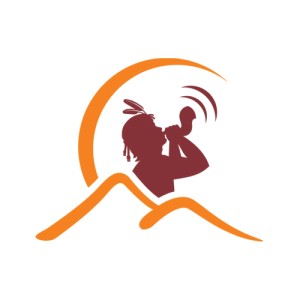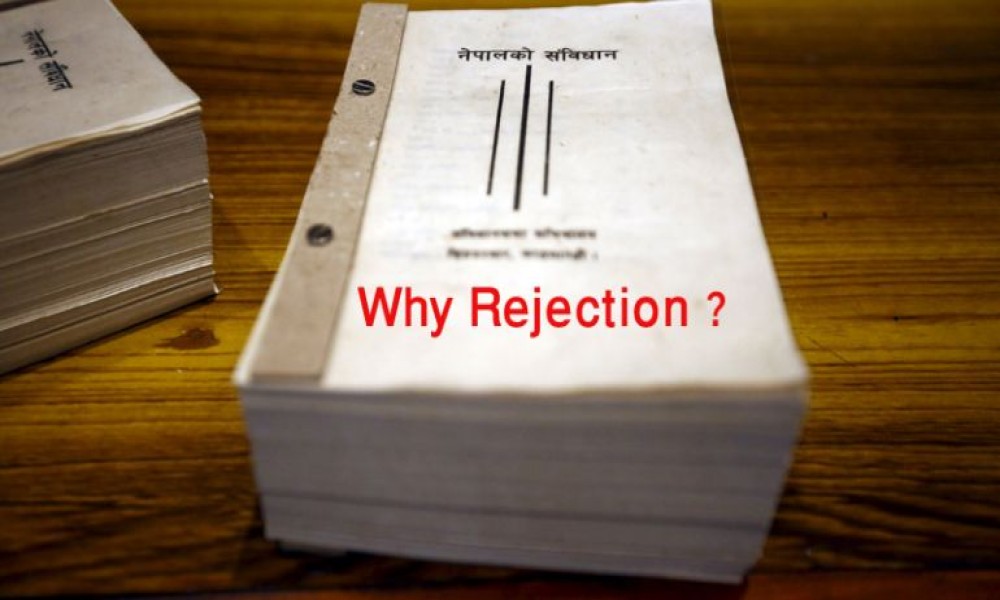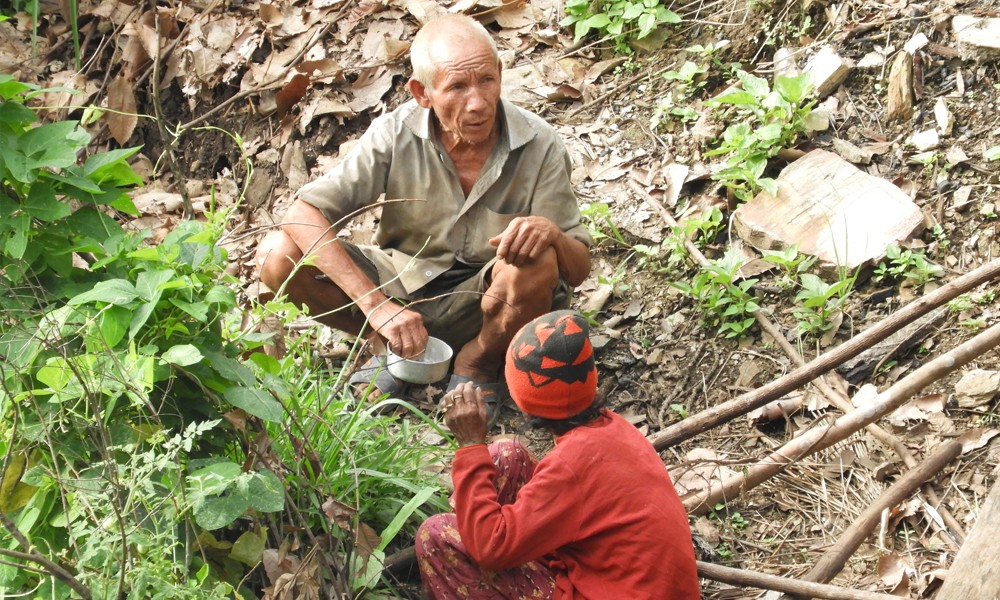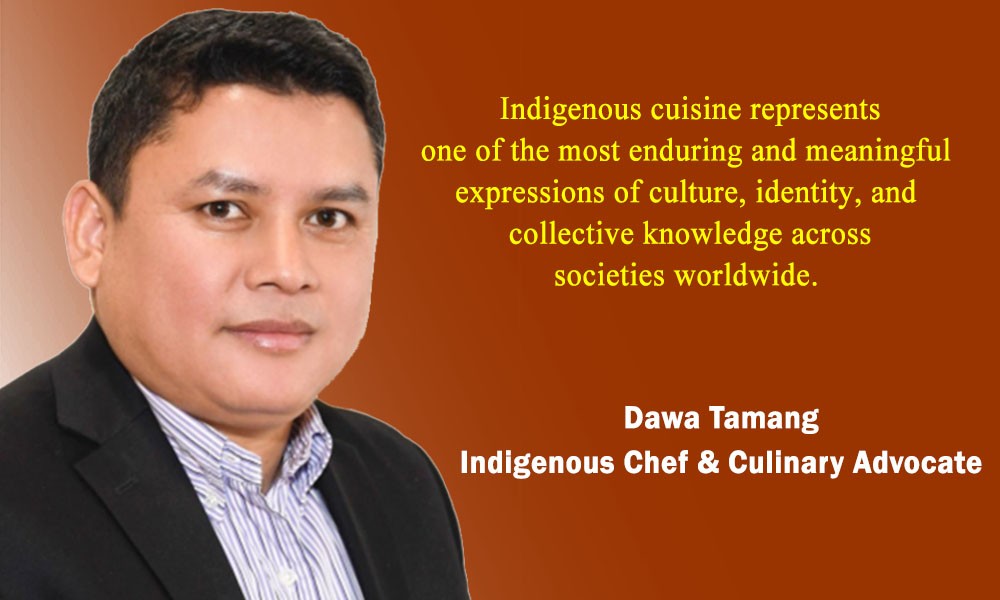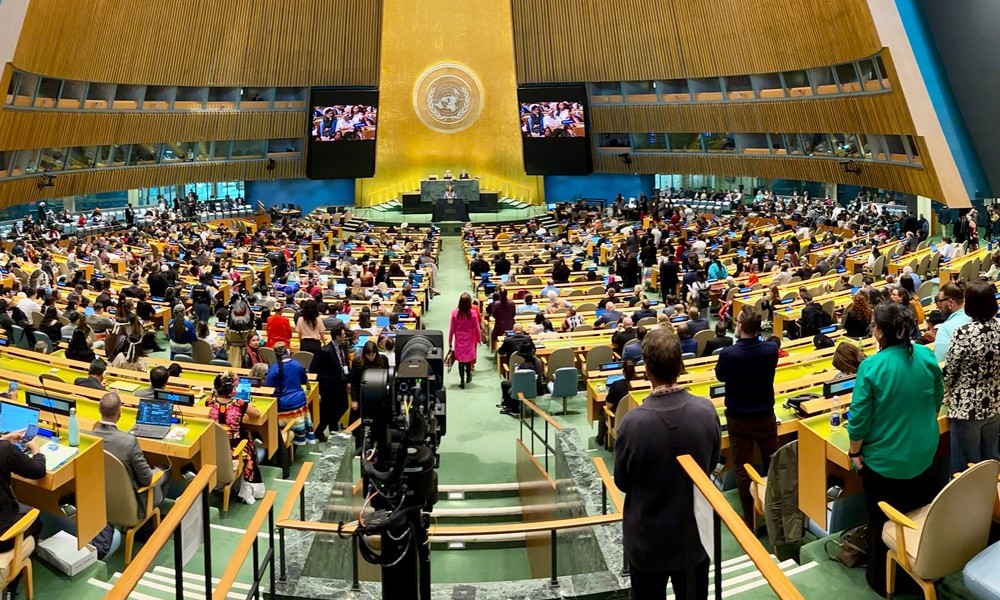Nepal's Indigenous Peoples have rejected the new constitution, saying that the charter has violated their fundamental rights guaranteed by international human rights instruments and the Interim Constitution 2007.
As President Ram Baran Yadav is all set to promulgate the new constitution amidst a function organized in the Constituent Assembly (CA) today, indigenous intellectuals, legal professionals, civil society members and others, in a press statement released on Saturday, said they would not own the charter.
The new constitution has not incorporated the rights of Indigenous Peoples, Madhesis, Muslims, Dalits, women and other minority groups in accordance with the interim constitution, the past agreements between them and the government, the international legal instruments that Nepal has been party to such as the ILO Convention169, the UN Declaration on the rights of Indigenous Peoples (UNDRIP), among others.
They say the new constitution has been deprived of meaningful participation of participation, dialogue and consultations with the widest possible group.
The new constitution has not incorporated the rights of Indigenous Peoples, Madhesis, Muslims, Dalits, women and other minority groups in accordance with the interim constitution, the past agreements between them and the government, the international legal instruments that Nepal has been party to such as the ILO Convention169, the UN Declaration on the rights of Indigenous Peoples (UNDRIP), among others.
When Nepal embarked on a journey to write a new constitution, UN special Rapporteur on the Rights of Indigenous Peoples Prof James Anaya and the Committee on the Elimination of Racial Discrimination (CERD) had urged the government to ensure participation of Indigenous Peoples in the constitution making process through their freely chosen representatives. But their calls went unheeded.
The 26 seats were meant to ensure representation of unrepresented ethnic groups, but the parties handpicked their own men for these quotas. Moreover, indigenous CA members were not allowed to form a caucus in the CA, and only two days were allocated for collecting public feedback, mainly from the district headquarters. The constitution's content was not disseminated in languages which Indigenous Peoples speak and understand, thereby leaving out a significant section of the people.
Systematically, Indigenous Peoples, Madhesis, Dalits, women and other minority groups were excluded from the constitution process.
With the demand to ensure federalism on the basis of identity, autonomous, protected regions, including right to self-determination in the new constitution and fulfill the agreements made with them in the past, Adivasi Janajatis and Madhesis have been carrying out protests, but their voices have been suppressed by deploying the army. At least 40 people, including 2-year old child, have lost their lives. In Kailali district, the Tharu youth had to flee villages for fears of persecution from army personnel. During the curfew, many houses and properties of Tharu leaders and business were burned down with targets.
The new constitution has institutionalized Hinduism, by defining secularism indirectly. This is going to continue racial discrimination, which is against the International Convention on the elimination of Racial discrimination (ICERD), which Nepal is party to. And, this is going to affect negatively Adivasi janajati, Madhesi, Dalit, Muslim, women and other minority groups in Nepal.
Interim Constitution 2007 was for writing the new constitution through progressive restructuring of state and form autonomous and self-ruled region as per the will of Adibasi Janajati and Madhesi. As per the provision, the first Constituent Assembly decided to form 10 federal states based on identity and economic capability and also to form autonomous, special and protected regions, but new constitution has made only 7-province as such that would not ensure the rights of Adivasi Janajati and Madhesi.
Similarly, the new constitution has institutionalized Hinduism, by defining secularism indirectly. This is going to continue racial discrimination, which is against the International Convention on the elimination of Racial discrimination (ICERD), which Nepal is party to. And, this is going to affect negatively Adivasi janajati, Madhesi, Dalit, Muslim, women and other minority groups in Nepal.
Even the fundamental rights, the new constitution says that government shall make necessary laws and implemented within 3-years which has created insecurity of personnel property of citizen. The constitution also denies use of indigenous language as official languages in the federal and provinces.
The second constitution said to accept whatever agreed in the first Constituent Assembly, but many provisions agreed in the first constituent assembly such as to right to self-determination as provisioned in ILO C. 169, UNDRIP, recognition to customary justice system, right to land and natural resources, proportionate representation in proportionate to the population and among others have been removed in the new constitution. Thus, new constitution will not do justice to indigenous peoples.
New constitution has put the restriction on freedom to opinion and expression, right to assemble and form political party, which has indirectly criminalize indigenous peoples' identity and rights. Similarly, by retaining cow as a national animal, the new constitution has criminalized indigenous people's culture and rituals.
New constitution has put the restriction on freedom to opinion and expression, right to assemble and form political party, which has indirectly criminalize indigenous peoples' identity and rights. Similarly, by retaining cow as a national animal, the new constitution has criminalized indigenous people's culture and rituals.
Though new constitution has committed for democracy and federalism but has not ensured the indigenous peoples collective rights, which therefore can be termed as structural violence and historical injustice and against the democracy.
This is an opportunity for belated nation-building process. But this nation building has been matter of question. Indigenous peoples have felt of losing everything and thus it is time unite everyone from divided.


